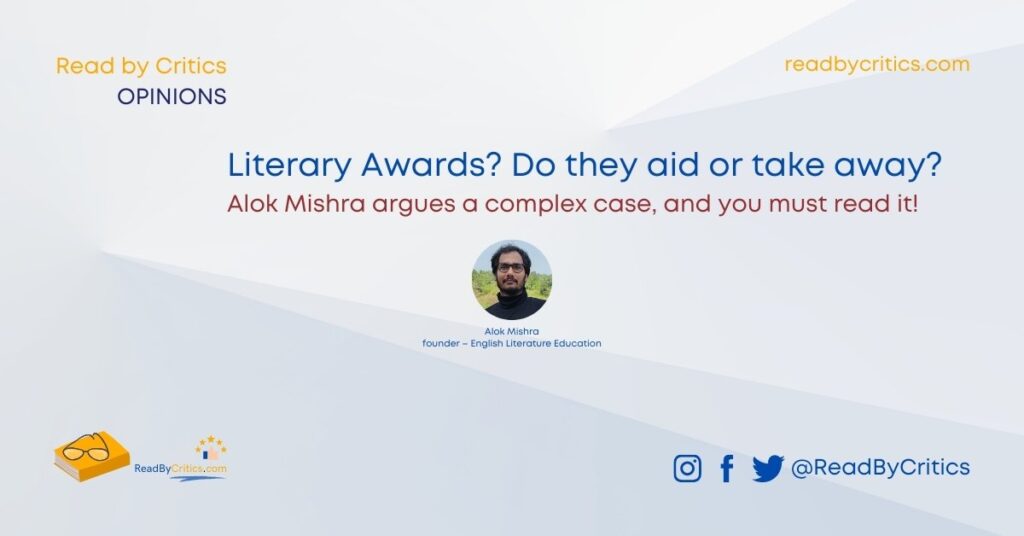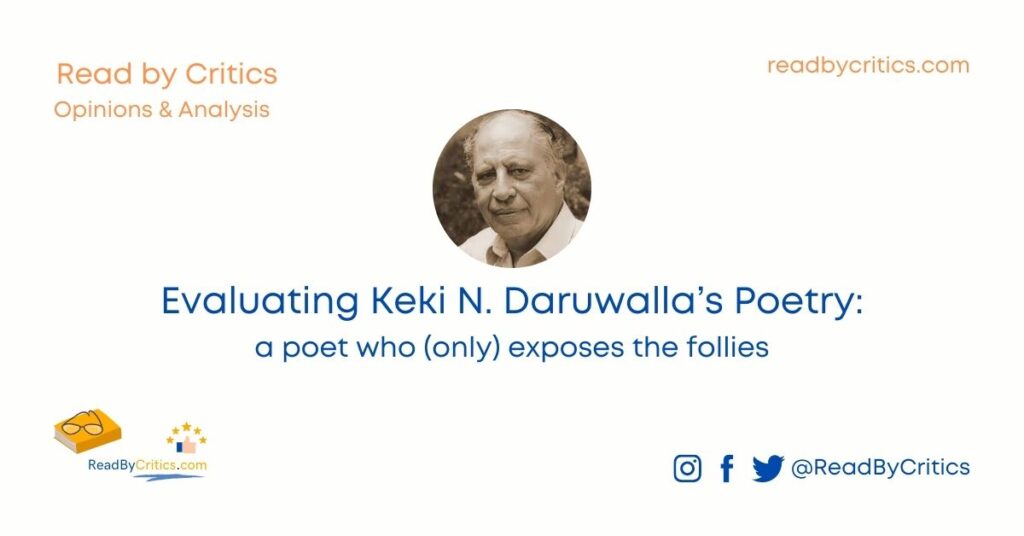Nirala? Does it ring a bell? Suryakant Tripathi Nirala? Now? A few might have realised by now. Dinbandhu Nirala? Many may have realised now because school textbooks mentioned this name. Tragedy! We hardly read his poems, leave books in the corner for now. What changed? What happened? How could we leave behind in the oblivion such great worshipper of Saraswati, creator of art and the one who could capture pain and sufferings, joy and ecstasy, highs and lows of life in his words so profoundly? The introspection period has already passed many years ago. Now is the time to realise what we could not diagnose (ever). How could we leave the treasures of literary culture behind so comfortably and never look back? How did a poet of the masses remain someone comforting only a select few?
In the 64 years that he lived, Nirala wrote many poems, published many poetry collections and also drew many sketches as he was gifted with many talents by the Goddess he worshipped ardently. Nirala’s Hindi poetry was rich in language, very decorated in cultural and civilisational riches, and yet simple in the artistic conglomeration so that anyone with an eye for aesthetic values in literature can admire and those with critical faculties supercharged within them could evaluate Nirala’s concern for literature, ideas, humanity and many other things. And today, he remains forgotten, subdued and ignored. We need to ask ourselves, policymakers and active critics of literature. Why?
A noted English critic, poet and conscious school inspector, Matthew Arnold discussed the Touchstone Method in his essay, The Study of Poetry. He argued that we must evaluate the contemporary poetic works by aligning them with the ‘established’ works in poetry so that we could get to see the timelessness and permanence, values and aesthetic consciousness, and come to a (possible) conclusion whether we are meeting the demand of time for being timeless. T. S. Eliot also argued the same, almost. Cannot Nirala’s works be that benchmark we use to evaluate contemporary Hindi poets? Jaishankar Prasad praised Nirala in his early years with great enthusiasm and he wrote:
“केवल कोमलता ही कवित्व का मापदण्ड नहीं है। निराला जी ने नृम्ण और ओज, सौंदर्य-भावना, और कोमल-कल्पना का जो माधुर्यमय संकलन किया है, वह उनकी कविता में शक्ति-साधना का उज्जवल परिचायक है।”
(Written in praise of Gitika, the 1936 poetry collection by Nirala)
Jayshankar Prasad was himself a great Hindi poet and his creations are still the paths to follow for anyone who is interested in the genuine evaluation of history, civilisational pursuits and even the discourse that evaluates these ideas.
The purpose behind putting this extract from the thoughts offered by Prasad is that we need to realise there is not an absolute measure to evaluate the poetry of any poet, whether in Hindi or English or any other language except for the established exceptions. A rainbow is always better than a singular shadow. Modern Hindi poets are happy with their singular projection (not all) and even the critics are more than happy with this status quo rather than reminding the creators of their prowess and responsibilities. And, sadly I say, a rush to write one-sided narratives, romantic jargon and substandard loads of shayaris have put Hindi literature in the background. This was not expected from the line of poets who are of the same clan as Dinkar, Nirala, Nagarjun, Agyeya, Chauhan and many other giants of the art of poetry. Sad state.
What we need to do is bring poets like Nirala to the fore again and let the world of readers know how intense poetry could be! This is the least we can do to ensure the rich heritage that we carry in our subconscious comes to the light of the day. Why should we keep our contemporary readers bereaved of the richness of Hindi literature? There is no reason to do so! It should start with syllabuses, magazines, newspapers and social media. There are attempts being made in this direction and I truly commend such individuals who are vested in such noble causes. What we need is more and more people to follow the suit.
Written by Alok for ReadByCritics Book Blog




